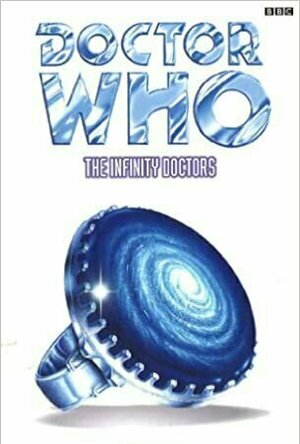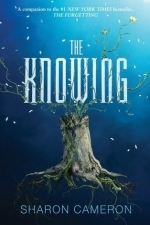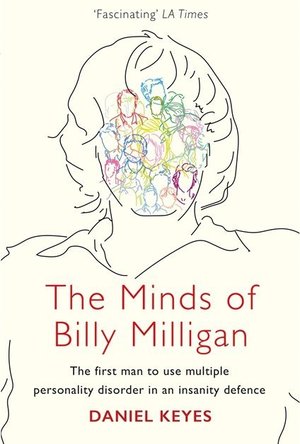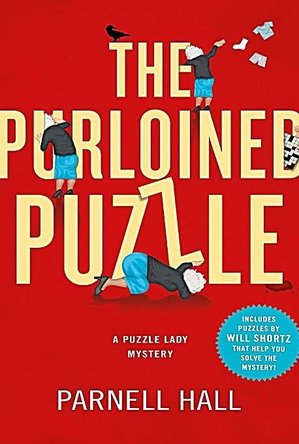
Good Girls Don't Die (D.I. Grace Fisher #1)
Book
You’d know if someone close to you was capable of lethal violence, right? Dead wrong. ...

Pages and Co: The Bookwanderers (Pages and Co. #1)
Book
A magical adventure to delight the imagination. A curl-up-on-the-sofa debut from a uniquely talented...

Doctor Who: The Infinity Doctors
Book
"Sing about the past again, and sing that same old song. Tell me what you know, so I can tell you...

Stilts (Tessa Dark Trilogy) Book One
Book
While eighteen-year-old, Tessa Dark was serving her prison sentence for murder, the world beyond her...

The White Lie
Book
A stunning debut novel from the winner of the Orwell Prize 2010 and the inaugural Wellcome Trust...

The Knowing (The Forgetting #2)
Book
Samara doesn't forget. And she isn't the only one. Safe underground in the city of New Canaan, she...
Books youngadult Sharoncameron ya2017 Read

Shadowsong (Wintersong #2)
Book
Six months after the end of Wintersong, Liesl is working toward furthering both her brother’s and...

William Shakespeare's Much Ado About Mean Girls
Book
Power struggles. Bitter rivalries. Jealousy. Betrayals. Star-crossed lovers. When you consider all...

The Minds of Billy Milligan
Book
Billy Milligan was a man tormented by twenty-four distinct personalities battling for supremacy - a...

The Purloined Puzzle
Book
Amateur sleuth and crossword impresario Cora Felton is asked to solve a puzzle, only to find that...